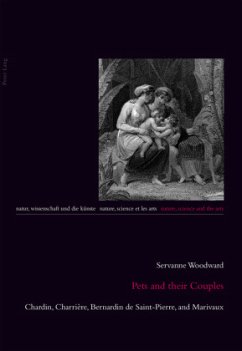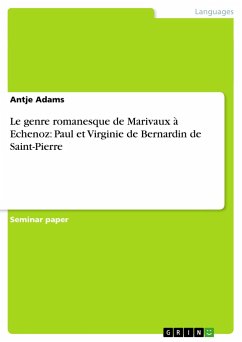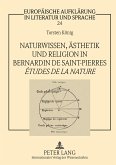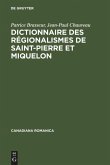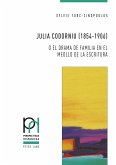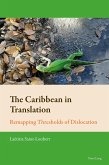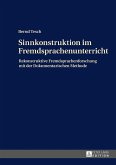Baroque novels focus on the psychology of love, while love in the context of nature is the subject of the pastoral genre. Introducing animals to such texts proves unexpectedly challenging. The inclusion of pets in the artistic representation involves a reversal of scale and various modes of comedy, including socio-political satire. At a time when some writers fantasize that children can be born of a human-animal couple, or question the degree of free will and physiological determinism influencing human or animal actions, scientific and philosophical enquiries threaten to reduce the whole animated world to a physiology akin to one of automatons. It is a criticism levied by the sentimentaires against the libertines. Eventually, the study must be initiated with the monitoring of the modulated and variable conceptions of the persons constituting a «couple» and the status of the «pet».

